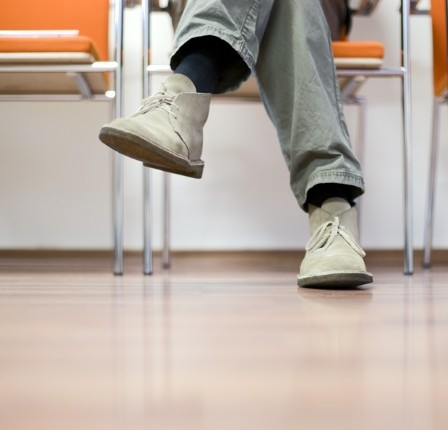New research shows that 97% of the customers of YTHS (the Finnish Student Health Service) who participated in practical trials are satisfied with the service. 89% of doctors think that video consultations are effective. 99% of nurses think that video consultations support patient care activities. “These figures explain why video consultations, which were first used in a practical trial, will be expanded and taken into permanent use at YTHS,” says Medical Director Sami Raasakka, in praise of Meedoc.
From the beginning of 2015, video consultations via Meedoc will be introduced for wider use, alongside the traditional healthcare services provided by YTHS. The experiences of customers and staff who participated in the testing of Meedoc’s remote consultation service were highly positive.
With Sitra’s support, the use of video consultations in patient care has been being tested, in practice, by YTHS nurses since January 2014. Through a service provided by the Finnish start-up Meedoc, video conferencing has been used to consult a doctor or other student health professional with corresponding qualifications.
“Meedoc video consultations have worked brilliantly; it has surprised us how easily doctors have been able to diagnose and treat skin problems requiring high-precision visual analysis, for example,” says Sami Raasakka.
He continues: “During the year, we have noticed that remote consultation is useful in the treatment of almost any ailment. For example, students have been able to meet a psychologist via video calls.”
So far, YTHS has used the video call service almost three hundred times in patient care. YTHS is planning to expand Meedoc to all of its service points by the end of 2015.
Video consultations have been beneficial to YTHS in many ways. Video consultations have been of most help in student cities, where not all of YTHS’s services can be provided in the traditional way. The practical trial has also raised an important educational issue: the skills of public health nurses benefit from the nurse being present during a specialist video consultation.
Sitra’s Tapio Tuomi considers remote medical consultations to be a prime example of what can be achieved through practical trials: “If the feedback on them is favourable enough, new services will be brought into permanent use.”
In the opinion of YTHS professionals, telemedicine has huge possibilities in general, such as video consultations. Possible further areas of application include activities such as student health check-ups and student health need assessments.
In the near future, students could use video conferencing to consult a doctor or nurse from the comfort of home. YTHS also believes that digital services will provide better service access for students who cannot, for one reason or another, otherwise use YTHS.
“To keep up with students in today’s digital society, we need to continue adopting electronic services anyway. Not a single student has said that they find it difficult to use Meedoc,” according to YTHS psychologist Marjo Tossavainen.


Recommended